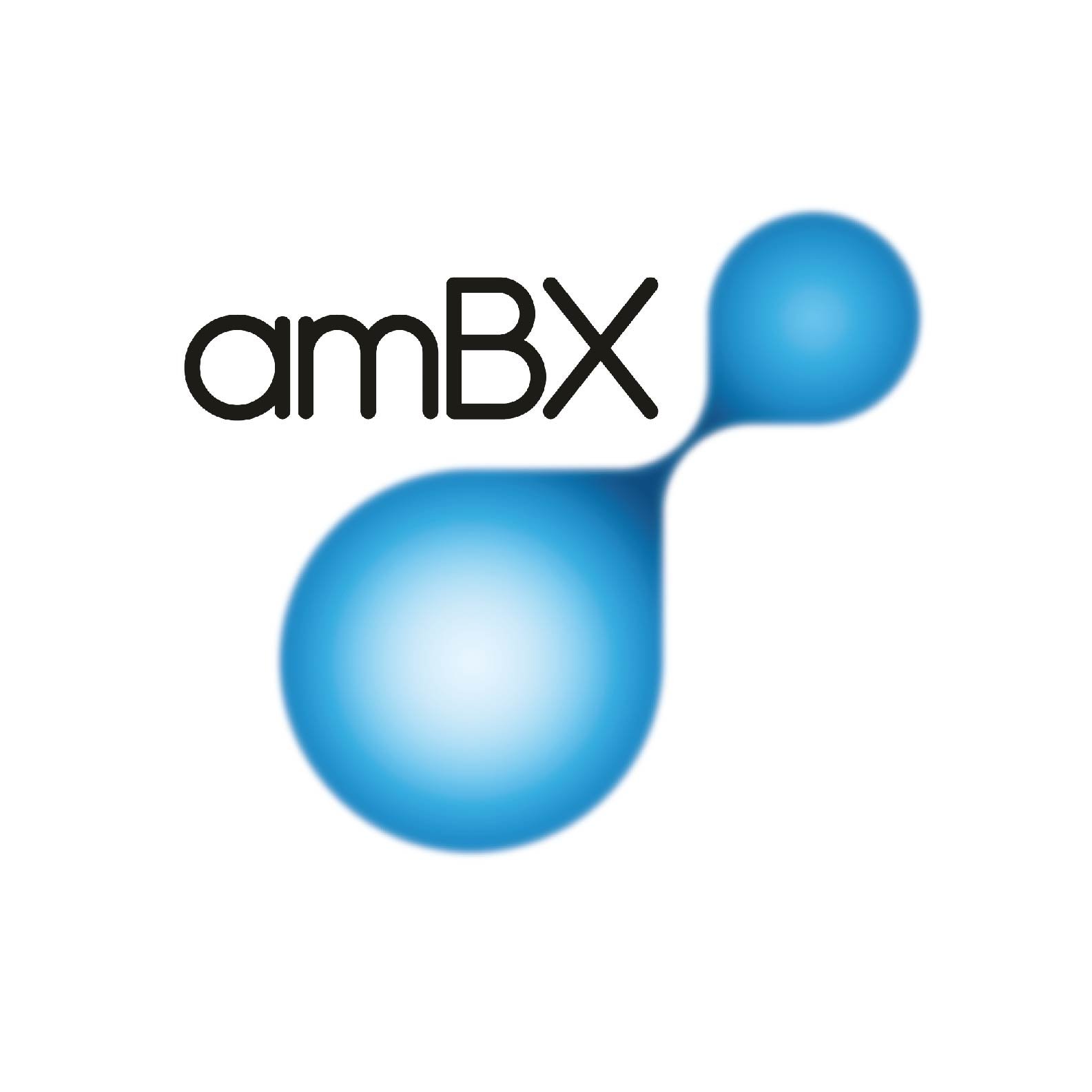What Do Facility Managers Need From Smart Buildings?
Building and facility managers face many challenges when optimising buildings for occupants whilst maintaining costs and ensuring the building is operating safely and sustainably.
We spoke with Abdel Jabbar Rharssi on the podcast; he is a Facility and Sustainability Manager for a large hotel group based in Belgium. We discuss how technology can assist with day-to-day tasks, the importance of guest and staff safety, managing the environmental impact of buildings and more.
Below are some of the key highlights from our conversation. Alternatively, you can listen to the episode in full here.
Abdel comments that: “There are several challenges facility managers face, one being the fact that many buildings were designed and built years ago and based on fossil energy and unsustainable materials.
Today we have to live in those buildings, and with climate change a prominent issue in our lives, we are beginning the transition towards renewable energies, which is an important advance to meet ESG criteria”.
He goes on to explain that we spend more than 80% of our time in buildings. Therefore, we must make sure sustainable transitions are achieved while ensuring a good environment for occupants is created.
“Let's take, for example, the building material life cycle; in my opinion, the recycling economy must become the dominant choice, for example, the cradle-to-cradle concept.
I think it's important to have a pragmatic approach. COVID-19 has shown us our limits and also many opportunities in digital technology. A sustainable transition cannot be achieved without digital technology”.
When considering building safety, accurate real-time data can help to automate tasks and improve insight. Abdel explains that “the old way of measuring was based on preventative maintenance. But the right data will allow us to switch from preventative to predictive maintenance which will have a big impact on asset value.
Today's advances in technology allow us to monitor in real-time and verify the battery level of components”.
Another potential challenge for Facility Managers can be budget constraints. Abdel explains that, in his opinion, “it is all about changing your way of thinking; having the wrong mindset can be a real obstacle. A budget constraint can sometimes be an opportunity to learn and be creative.
We need to consider an integrated approach in buildings, optimising the processes. We live in a world of data generated by various tools and technology, there are a lot of emerging technologies, e.g. IoT and machine learning, but it's up to us to transform the buildings of our ancestors into a sustainable place for living. Intelligent use of resources, whether that’s energy, material or digital technology, will help us achieve that; of course, our approach has to be realistic, and we must stay open-minded and consider new solutions and new ways of working”.
Technology has gained more of an important role in building management since COVID-19. Abdel states that “since COVID, air quality monitoring has become an obligation. We can measure it and take action, but IoT also presents the opportunity to make predictions. The data also allows us to compare the indoor and outdoor CO2 concentrations in real-time, which is a big part of sustainability, especially in cities. Also, by analysing this data, we can measure the performance of the ventilation units in real-time. This data is important, but we don't have to spend a lot of time analysing it before acting, thanks to the assistance from smart technology.
We have an obligation to share air quality information with our guests; it is a part of the experience when staying in a hotel now. Instilling trust and safety and showing how healthy an environment is will create satisfied customers and staff. Once again, by utilising IoT and machine learning on our ventilation unit, we will automatically increase or decrease that performance or add more fresh air to the space.
This also applies to water quality, temperature or even the usage of lifts and other facilities in the hotel.
It is important data is not just generated for the sake of it; we have to analyse it in the right environment.
I think it is important to share this new practice as we move forward in a more sustainable direction. We have to pass on a better world to the next generation. Diversity, new thinking and optimisation of resources will be vital”.
